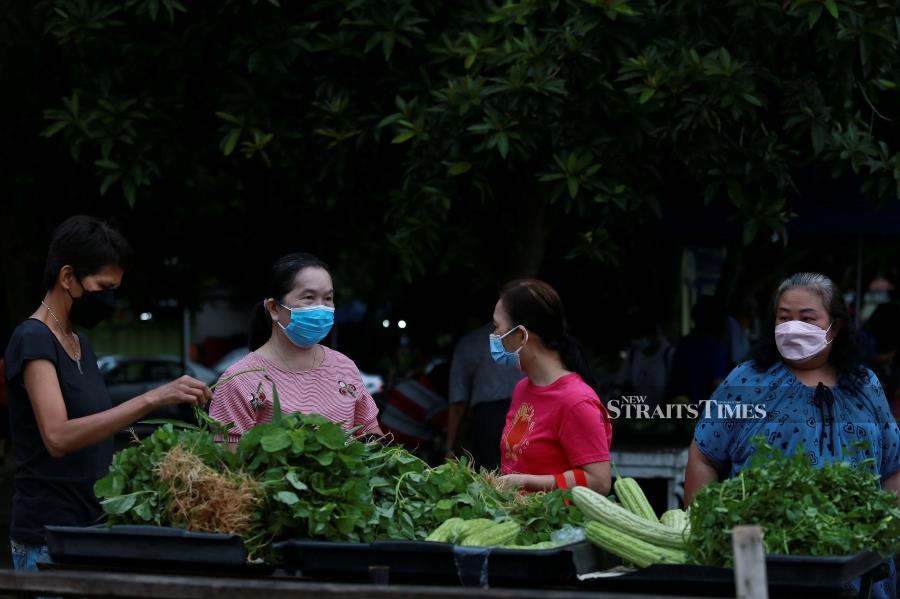THE preparations for next year's budget will perhaps be the most challenging ever, given the world economic and pandemic crises, and the uncertain domestic political environment.
There were no public health and political crises accompanying the economic or financial crises of 1985/86, 1997/1998 and 2008/2009.
Policy responses then were largely quite standard fiscal and monetary measures. The exception was in 1997/1998, when Malaysia became more adventurous in using capital controls, to the dismay of the international financial community. History later proved us right.
The fiscal position of the government became worse this year, with the deficit crossing six per cent and public sector debt touching 60 per cent of gross domestic product. Recently, the finance minister contemplated raising the public sector debt to 65 per cent of GDP.
These are difficult times. An impetus to this possible fiscal position is mainly due to the soon to be announced 12th Malaysia Plan 2021-2025 (12MP). It will unveil the development expenditure for the next five years and how it will be financed.
It is expected that the initial burden of engineering the economic recovery will have to fall on the public sector. Its role will be more discernible once the macro targets and strategies are clear. The first two years of the 12MP will demand the implementation of development policies and programmes critical to lift the macroeconomy out of the current sluggishness.
We need a big push in public expenditure so as to maintain an expansionary posture and put in place the momentum of sustained and durable economic growth next year and beyond.
The finance minister should have the courage to go for an expansionary economy with a rise in borrowing and improve the revenue position through better collection and administration. The possibility of reintroducing the goods and services tax may be stated in the 2022 Budget for collection only in 2023 and thereafter.
The revenue system will have to be strengthened by taxes based on broad consumption rather than mainly on income and work effort. The GST has succeeded in over 140 countries, and it is the only way to raise public revenue on a sustained basis given the larger and increasing share of consumption in national expenditure.
The GST and the sales tax system could be harmonised, making implementation more amenable and efficient. The Customs Department may wish to explore this in greater depth.
On the expenditure side, the government may have to implement major development projects that would create employment and income-generating opportunities next year and beyond, in addition to assisting the private sector take advantage of a reviving post-pandemic global economy, which had experienced breakdowns in supply chains.
Our ports have to be beefed up with a good information technology system to enable exporters to take advantage of pent-up demand for electronics, computers and related IT products, as countries transition to a digital economy.
Malaysia is currently flush with liquidity, or investible funds. This provides an avenue for greater public-private partnership (PPP) in public investments under the 12MP, and augmenting total aggregate demand and its attendant potential job- and income-creating opportunities.
To be sure, our private sector, including financial institutions, is resilient enough to rise to the challenge of implementing PPP projects on strict economics without the previous practice of demanding government guarantees.
If the PPP programmes are well designed and instituted, having regard for balanced sharing of risks and rewards between the government and the private sector (those who have the concessions), many projects can be planned and executed in 2022 and 2023, thus assisting the economic recovery.
A study by Universiti Sains Malaysia found that PPP projects were less expensive than development projects carried out in the traditional manner, if all costs were properly priced.
The preparation of the 2022 Budget, in addressing the immediate concerns of "lives and livelihoods" brought about by Covid-19, will also have to factor in the demands of the 12MP, while initiating new project financing approaches for economic growth in the years to come.
The writer is chairman of the Malaysian Institute of Economic Research and an academic fellow of Universiti Sains Malaysia





